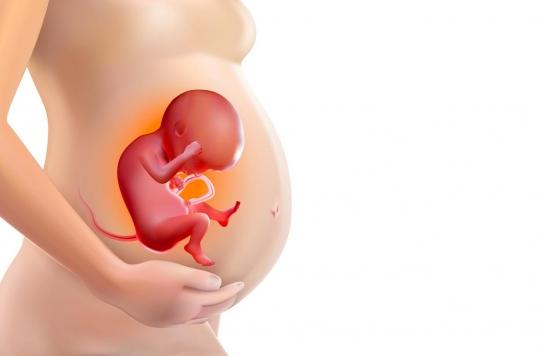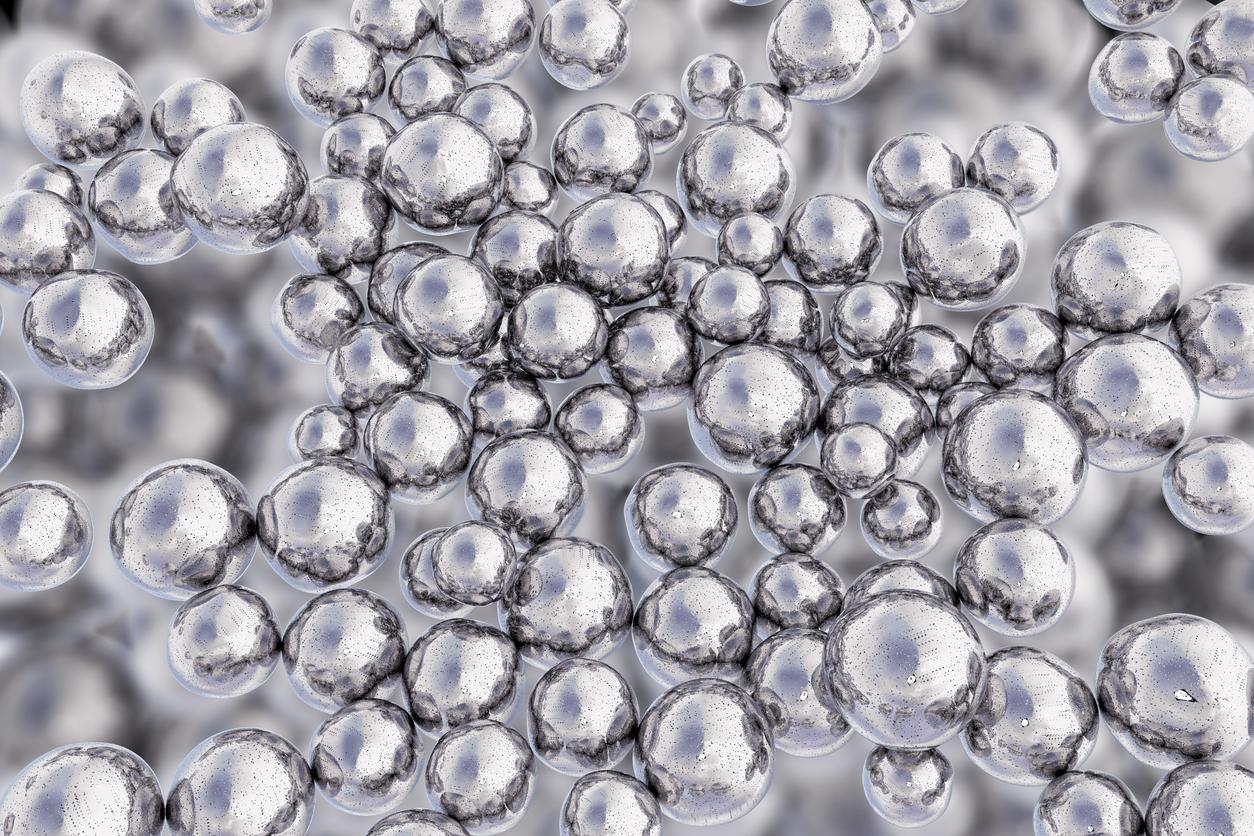The additive E171, commonly used by the food industry, can cross the placenta and reach the fetal environment.

- The E171 additive can cross the placenta and reach the fetal environment.
- These results encourage the prohibition of the additive E171.
Titanium dioxide nanoparticles present in the additive E171 can cross the placenta and reach the fetal environment, according to a new French study. These results, published on October 7 in the journal Particle and Fiber Toxicologyencourage the banning of this additive, the use of which on the food market has been suspended in France since 1er January 2020, as a precautionary principle.
Accumulation of titanium dioxide in the placenta
To assess the dangerousness of the additive E171, commonly included in sweets or toothpaste, the researchers collected 22 placentas from volunteer mothers and measured the total titanium content accumulated in this organ during pregnancy. “These assays show an accumulation of titanium dioxide in the placenta, the majority in the form of nanoparticles. The mothers were therefore exposed to this substance during their pregnancy. report scientists from Inrae.
From the maternal compartment to the fetal compartment
In parallel, to determine whether food could be a source of contamination, the researchers perfused the placentas with E171 on the maternal side. They then measured the titanium on the fetal side of the placenta, and then they observed whether particles ended up there. Their result is clear: nanoparticles of titanium dioxide from the additive E171 pass from the maternal compartment to the fetal compartment.
Titanium dioxide found in meconium
Scientists are also interested in the exposure of the newborn to titanium dioxide during its development in utero. For this, they carried out the same analyzes as for the placentas on the first stool of the newborn, called meconium, excellent witnesses of its exposure to chemical substances during pregnancy. Once again, their result is clear: nanoparticles of titanium dioxide are found in the meconium, a sign that the fetal organism has been exposed to this substance brought by the maternal blood.
“These new data on human organs and tissues show for the first time prenatal exposure in humans to titanium dioxide nanoparticles”, conclude the researchers.
.
















